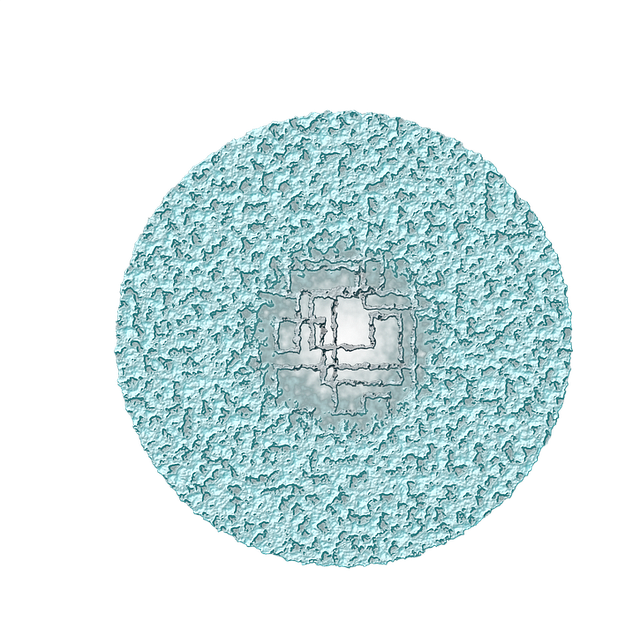Muscle soreness after exercise is caused by microscopic tears in muscle fibers leading to inflammation. Kratom's legality varies in New Jersey, where it's generally legal but regulatable, with specific county ordinances dictating its status. Due to mixed research findings, kratom should be used with caution and under professional guidance for pain relief. Personalized workout routines tailored to individual health factors offer better muscle soreness relief, combining targeted exercises, stretching, hydration, and herbal supplements like kratom (with healthcare approval).
Muscle soreness after exercise can range from a mild discomfort to a debilitating ache. Understanding what causes this delay in recovery is the first step towards managing it effectively. This article delves into the science behind muscle soreness and explores natural remedies like kratom for pain relief, considering its legality in New Jersey. Additionally, we provide insights on designing personalized workout routines tailored for efficient recovery, offering practical tips to help you conquer post-workout aches and pains.
- Understanding Muscle Soreness and Its Causes
- Kratom for Pain Relief: Is It Legal in New Jersey?
- Designing Personalized Workout Routines for Effective Recovery
Understanding Muscle Soreness and Its Causes

Muscle soreness, that nagging discomfort felt after intense physical activity, is a common experience for many fitness enthusiasts. But what exactly causes this delayed sensation? It’s rooted in microscopic tears within our muscle fibers as a result of strenuous exercise. These micro-tears are a natural response to new or increased stress on the muscles. The body’s repair process then triggers inflammation, leading to the characteristic soreness and stiffness. Understanding these mechanisms is key to developing effective strategies for relief.
While kratom, an herbal substance, has gained some attention for its potential pain-relieving properties, its legal status varies across regions. In New Jersey, kratom use is generally legal, but regulations can change. It’s crucial to note that while kratom may offer temporary relief from soreness, it’s not a solution for muscle repair and should be approached with caution due to mixed research on its safety and efficacy.
Kratom for Pain Relief: Is It Legal in New Jersey?

Kratom, a natural herb derived from the plant Mitragyna speciosa, has gained attention for its potential pain-relieving properties. In New Jersey, the legality of kratom is a subject of interest for many residents looking for alternative solutions to manage muscle soreness and chronic pain. As of now, the state has not explicitly classified kratom as illegal, but regulations vary across different jurisdictions within the state.
It’s important to note that while some local stores may sell kratom products, their legality depends on specific county or city ordinances. In many areas of New Jersey, kratom is sold as a dietary supplement and is not regulated by the same strict standards as pharmaceuticals. However, it’s crucial for consumers to exercise caution as the quality and potency of kratom products can vary widely. Always consult with a healthcare professional before incorporating any new substance into your routine, especially when seeking pain relief.
Designing Personalized Workout Routines for Effective Recovery

Designing personalized workout routines tailored to muscle soreness relief requires a deep understanding of individual needs and physical capabilities. Every person’s recovery process is unique, influenced by factors like age, fitness level, and overall health. A professional trainer or fitness expert can create customized plans that balance strength training with low-impact activities to promote healing.
In New Jersey, where kratom laws vary across counties (and it’s important to note that while kratom may be legal in some areas, its use should be approached with caution and under professional guidance), personalized recovery strategies can complement holistic wellness routines. Incorporating targeted exercises, stretching, and proper hydration alongside any herbal supplements like kratom—if deemed safe by a healthcare provider—can significantly enhance muscle soreness relief and overall well-being.
In conclusion, managing muscle soreness effectively involves a multi-faceted approach. Understanding the causes of delayed onset muscle soreness (DOMS) is key, and integrating personalized workout routines tailored to your body’s needs can significantly enhance recovery. Additionally, exploring natural remedies like kratom for pain relief, with due consideration of its legality in New Jersey, offers another potential avenue for alleviating muscle discomfort. By combining these strategies, individuals can optimize their fitness regimens and achieve faster, more comfortable recovery from exercise-induced soreness.














